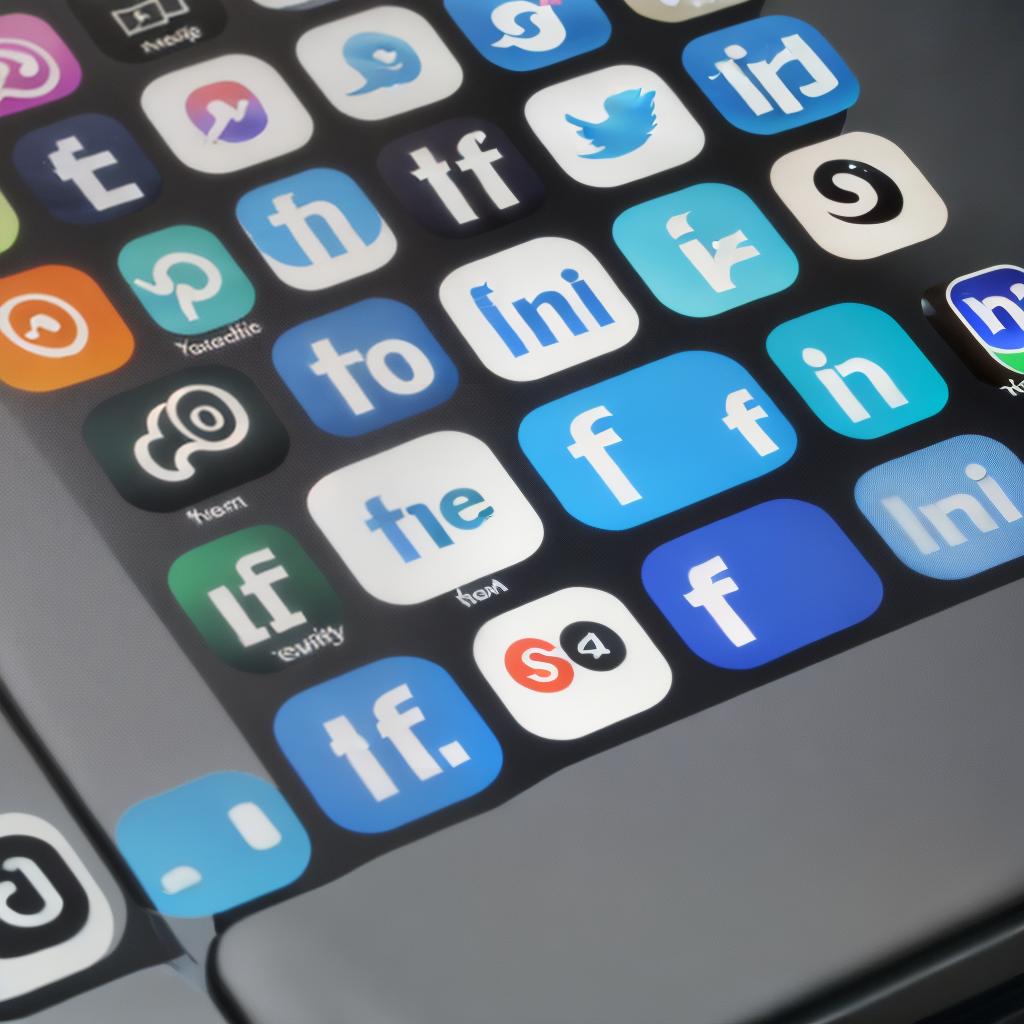In today’s digital age, social media has become an integral part of our lives. It allows us to connect with friends and family, stay informed about current events, and share our thoughts and experiences with the world. However, the widespread use of social media has also raised concerns about its impact on mental health. This blog post explores the various ways in which social media can affect our mental well-being and offers insights into how we can maintain a healthy relationship with these platforms.
The Positive Side of Social Media
Before delving into the potential negative effects, it’s important to acknowledge the positive aspects of social media:
1. Social Connection and Support
Social media platforms provide opportunities for people to connect with friends and family, especially those who are geographically distant. This connectivity can offer emotional support and reduce feelings of loneliness.
2. Information Sharing and Awareness
Social media plays a vital role in disseminating information and raising awareness about important issues, from health updates to social justice movements. It empowers individuals to stay informed and participate in meaningful conversations.
3. Community Building
Online communities and forums on platforms like Reddit and Facebook Groups can be a source of camaraderie, where people with shared interests or challenges find understanding and support.
The Dark Side of Social Media
While social media has its benefits, it’s essential to recognize the potential negative impact it can have on mental health:
1. Social Comparison
One of the most significant issues is the tendency for users to engage in social comparison. Scrolling through carefully curated highlight reels of others’ lives can lead to feelings of inadequacy, jealousy, and low self-esteem.
2. Cyberbullying
Cyberbullying, which includes harassment, trolling, and online threats, can have severe consequences on mental health. Victims often experience anxiety, depression, and a sense of helplessness.
3. Fear of Missing Out (FOMO)
Constant exposure to others’ exciting activities can generate FOMO, which can lead to anxiety and stress. People may feel compelled to participate in activities they’re not interested in just to keep up with peers.
4. Addiction and Distraction
Social media addiction can interfere with daily life, leading to reduced productivity, sleep disturbances, and an increased risk of anxiety and depression.
5. Privacy Concerns
Concerns over data privacy and online security can contribute to feelings of anxiety and stress, impacting mental well-being.

Maintaining a Healthy Relationship with Social Media
It’s possible to use social media in a way that minimizes its negative impact on mental health:
1. Set Boundaries
Establish clear boundaries for your social media usage. Allocate specific times for checking your accounts and avoid mindless scrolling.
2. Curate Your Feed
Unfollow or mute accounts that make you feel negatively about yourself. Curate your feed to include content that inspires and uplifts you.
3. Limit Notifications
Disable non-essential notifications to reduce the constant interruption and obsession with checking your phone.
4. Practice Digital Detox
Regularly take breaks from social media. Disconnecting from the virtual world can help you reconnect with the real world.
5. Seek Support
If you’re experiencing cyberbullying or feelings of distress, reach out to friends, family, or mental health professionals. You don’t have to face online negativity alone.
Social media is a double-edged sword that can both connect and disconnect us from our mental well-being. While it offers numerous benefits, it’s crucial to be aware of its potential negative impacts. By practicing mindfulness, setting boundaries, and seeking support when needed, we can maintain a healthy relationship with social media while preserving our mental health.
FAQs
Q1: Can social media actually cause mental health issues?
A1: While social media itself may not directly cause mental health issues, it can exacerbate pre-existing conditions and contribute to feelings of anxiety, depression, and loneliness, particularly when used in unhealthy ways.
Q2: What are some signs of social media addiction?
A2: Signs of social media addiction may include constantly checking social media, feeling anxious or agitated when unable to access it, neglecting responsibilities, and spending excessive amounts of time online.
Q3: How can I protect my privacy on social media?
A3: To protect your privacy, review and adjust your privacy settings, avoid sharing sensitive personal information, be cautious about accepting friend requests from strangers, and consider using two-factor authentication.
Q4: Are there any mental health benefits to using social media?
A4: Yes, social media can provide a sense of community, support, and connection with others. It can also raise awareness of mental health issues and provide resources for those seeking help.
Q5: Can taking a break from social media improve my mental health?
A5: Yes, a digital detox or taking breaks from social media can help reduce feelings of anxiety and stress. It allows you to focus on real-life interactions and activities that promote well-being.